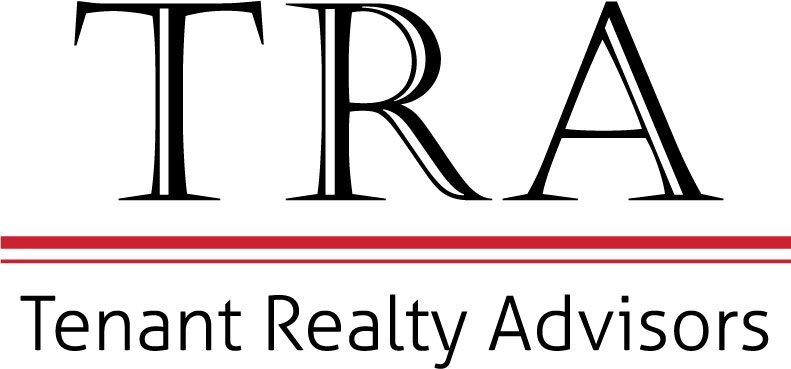Choosing the right commercial leasing agent will take time and research. You want to make sure that whoever you work with has the right combination of expertise, negotiation skills and personality to suit your professional needs. Don’t just take a cursory glance over an agent’s qualifications, but dig into the information. Also, don’t just ask the agent themselves questions, but ask others for their qualified opinion as well. Pick a specialist … someone who has a deep understanding of your area of interest. For example, don’t hire an industrial agent to handle your office purchase.
Before you ever pick up the phone and call an agent, start looking into their reputation. If possible, call up some people or companies who have dealt with them before. Ask direct questions about the agent and how he/she handled the leasing/purchase process. For instance, ask about their thoroughness and how easy they are to communicate with. Ask whether the transaction ended with a good feeling and a positive outcome. If the person felt uneasy at the end or if they felt like they were guided a certain direction, note this as a red flag.
A good agent is easily accessible. If in your initial dealings it’s difficult to get the agent to answer phone calls or email, this could mean that they are either too busy with too many clients and won’t give you the attention you desire, or that they are inattentive and don’t work at a quick enough pace for you.
Once you’re ready for an initial consultation, be prepared to ask as many questions as you can. Be direct and don’t hesitate to dig a little deeper. You’ll want to make sure you are confident that they are able to handle your business. Ask for examples of similar businesses they might have worked with in the past. Make sure the agent understands your specific rental priorities. Also, be sure to interview more than one agent. Differences in styles and experience will surely become evident.
An important question to ask is whether the agent you are considering represents tenants only or does he/she also represent landlords, developers and property managers? If you are looking for unbiased advice and representation, this could be a very important point. Agents that work only with tenants and buyers have a keen interest in their needs and priorities. An agent trying to play both sides often becomes less of an advisor and more of a broker, simply facilitating a transaction. What happens if the property that seems to be the best fit is also represented by your agent or his company? A dual agency situation such as this could, at best, leave you on your own when final deal points are negotiated or, at worst, in a situation in which confidential information is shared with the other side.
Understand how your advisor is compensated. In most cases, the tenant’s agent is paid entirely by the landlord, so their expertise if free to you. This fee is built into the owner’s proforma and is paid entirely to his or her agent should you not come to the table with your own representation. But in tight markets, this may not be the case, so be sure to fully understand what fees will be paid and by whom.
Finally, under no circumstances should an agent pressure you into making decisions quickly just so that they can close the deal. A long term lease or purchase is a huge commitment and something that you should feel 100% confident about. If you feel you are being pushed into something you don’t want to do, it is time to fire your advisor and find a new leasing agent to help you find a space and negotiate the transaction.
What other criteria would you consider when partnering with a commercial leasing agent?
